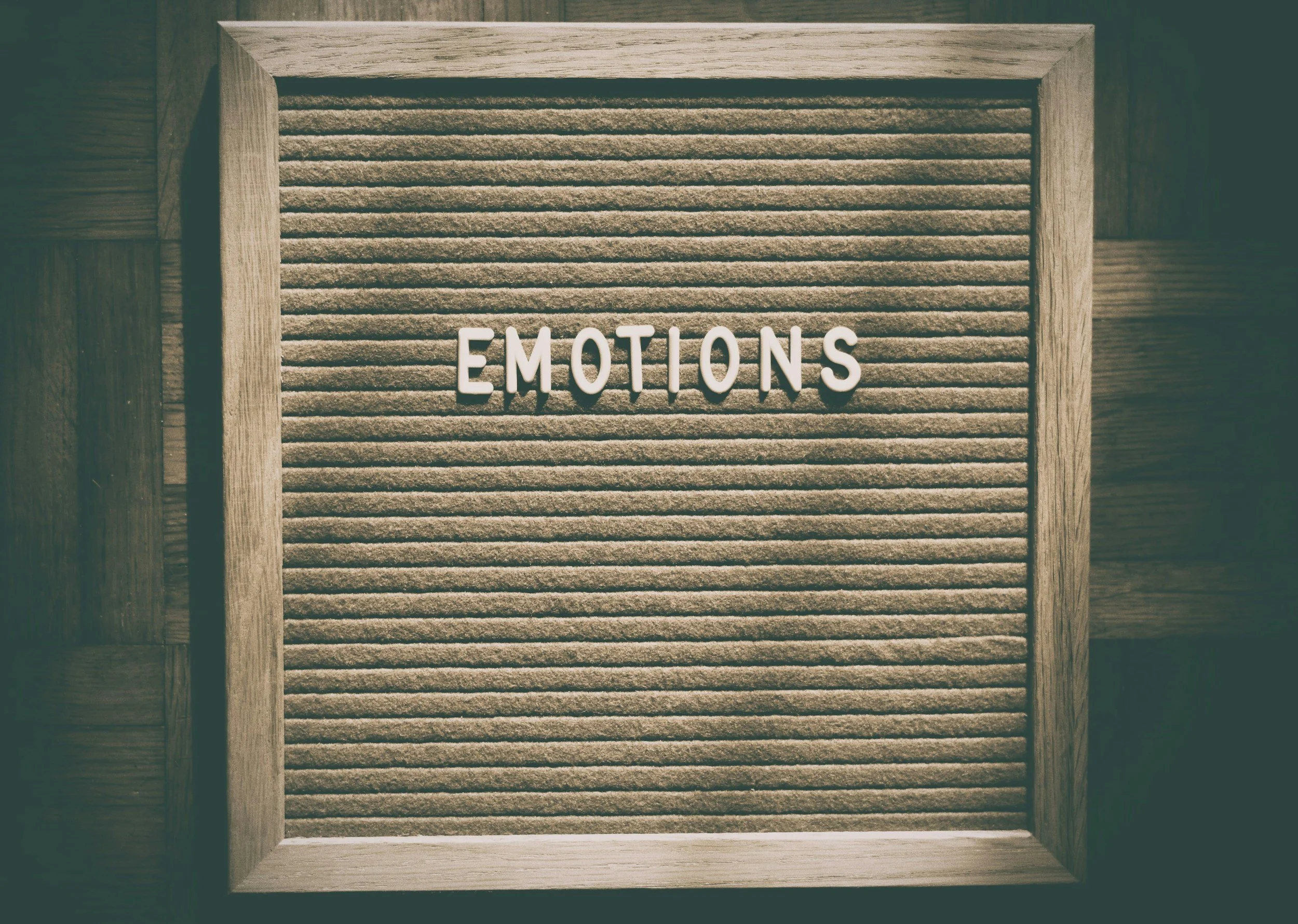Emotional Health in Sobriety: Learning to Feel Safe in Your Feelings
When you remove alcohol or other substances, you don’t just detox your body — you begin an emotional detox, too.
For many people in recovery, the emotional roller coaster is the hardest part. Without the numbing effect of alcohol, every feeling — sadness, anger, anxiety, even joy — can feel amplified. But this isn’t a sign of failure. It’s a sign that your emotional system is finally waking up.
Why Emotional Healing Matters
Alcohol often functions as emotional armor. It blocks pain, grief, fear, and loneliness — but it also blocks joy, intimacy, and peace. When we stop drinking, we’re left with raw emotions that we may never have fully processed.
The Substance Abuse and Mental Health Services Administration (SAMHSA) notes that emotional wellness involves awareness, acceptance, and expression of feelings in constructive ways. Sobriety gives us the opportunity to build those skills — sometimes for the first time in our adult lives.
The Science of Emotional Regulation
When we numb our feelings, the brain’s limbic system (responsible for emotion) and the prefrontal cortex (responsible for regulation) become disconnected. In recovery, as the brain heals, that connection begins to strengthen again. Practices like mindfulness, deep breathing, and grounding help restore this balance.
Research from the National Institutes of Health shows that mindfulness meditation can significantly reduce emotional reactivity and increase resilience — key components of emotional sobriety.
Tools for Emotional Health in Sobriety
Emotional wellness grows through daily practice:
🪶 Mindfulness: Notice what you feel without judgment.
📓 Journaling: Give your emotions a voice instead of a bottle.
💛 Connection: Share your truth with safe people or recovery groups.
🌬 Breathwork & movement: Emotions are energy — let them move through you.
These simple tools retrain your nervous system to recognize that you are safe, even when you feel uncomfortable emotions.
Thriving, Not Just Coping
Emotional sobriety doesn’t mean you never feel sad or angry. It means you can feel those emotions without being swept away by them. Over time, emotional stability becomes your new normal — and that’s where thriving begins.
As one of my clients beautifully said, “I stopped chasing happiness and started building peace.”
That’s the essence of emotional health in sobriety — a deep, calm self-trust that no emotion can undo your healing.
You Deserve Emotional Freedom
If you’re ready to strengthen your emotional wellness and reconnect to peace, I’d love to help you build a personalized path forward. My Level Up Your Sobriety Consult is a free session where we explore your emotional patterns and create practices to help you feel calm, confident, and centered.
Because when your emotions feel safe, your spirit can finally rest. 🌿
References
Substance Abuse and Mental Health Services Administration (SAMHSA). Eight Dimensions of Wellness. samhsa.gov
National Institutes of Health. “Mindfulness-Based Interventions and Emotional Regulation.” https://www.nccih.nih.gov/health/meditation-and-mindfulness-effectiveness-and-safety
American Psychological Association. “Emotional Regulation and Recovery.” https://www.apa.org/pubs/journals/features/str-a0034483.pdf
Tanya D. is a Usui/Holy Fire® III Karuna Reiki® Master, Pranic Healer, Meditation Instructor, Holistic Recovery and Spiritual Life Coach, SHE RECOVERS® Coach, and BreakAwake Coach. Find her @thepeacewecrave on Facebook/Instagram and at www.thepeacewecrave.com for all things recovery, energy, meditation, healing, and peace. Contact her at tanyad@thepeacewecrave.com.


